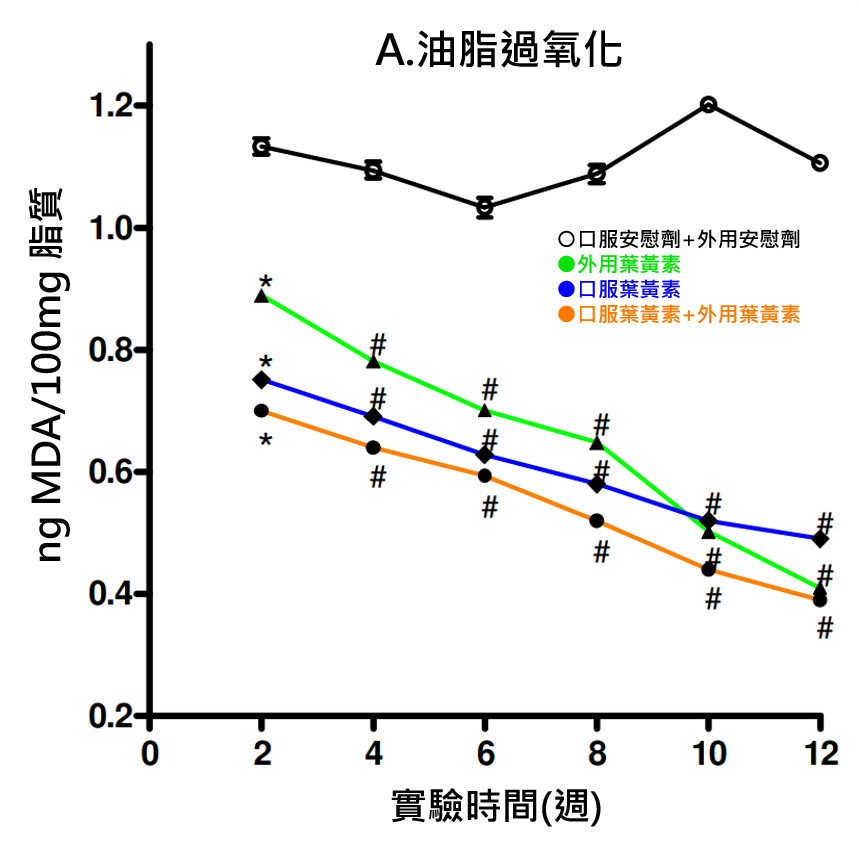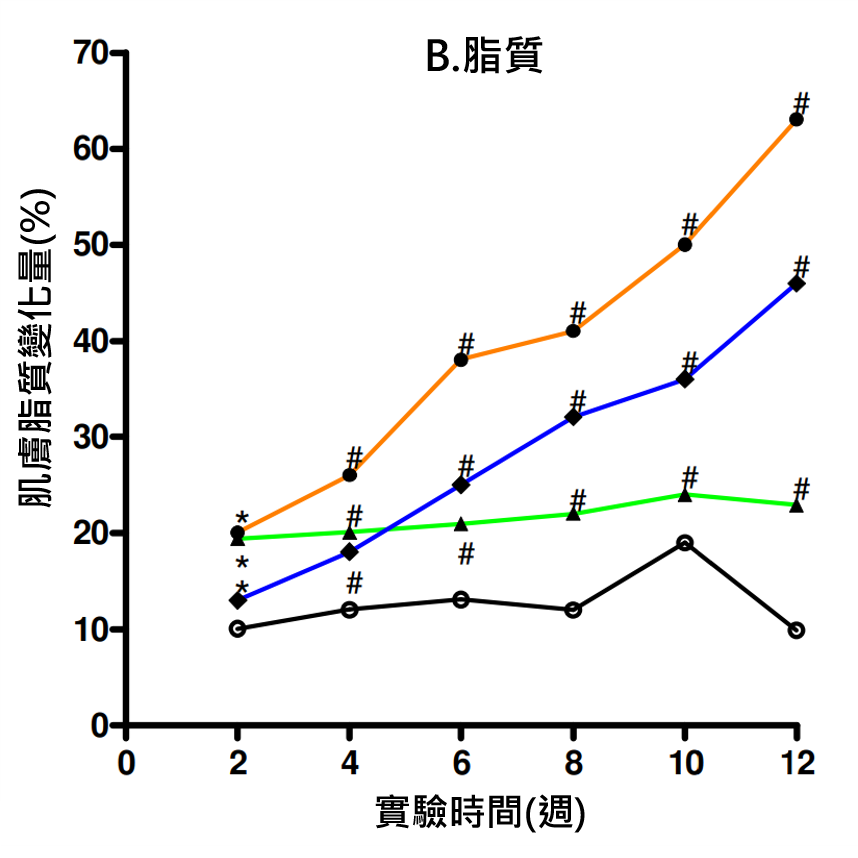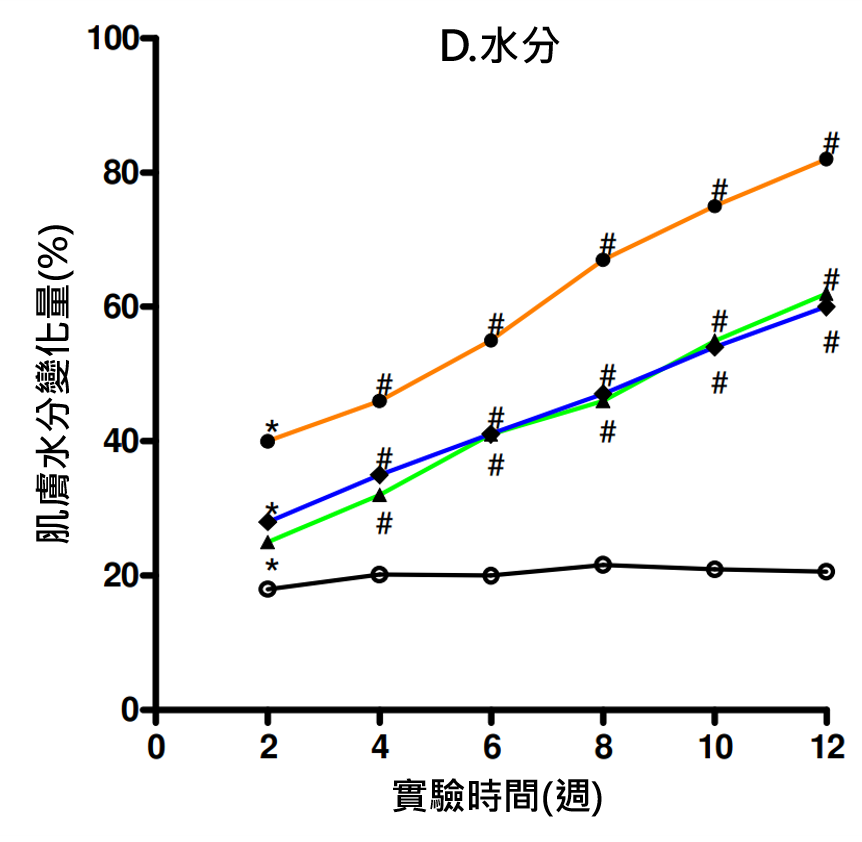Author: Sharon, Dietitian

The Invisible Threat of Skin Aging in Modern Life
When talking about skin aging, most people immediately think of ultraviolet (UV) rays. However, another ubiquitous threat often overlooked is blue light. Studies indicate that up to 80% of facial aging is related to light exposure. UV rays damage DNA and collagen, leading to sagging skin, wrinkles, and increased risk of skin cancer. Surprisingly, blue light from devices like smartphones and computers penetrates even deeper into the dermis, generating free radicals that accelerate skin aging.
Clinical Research: Lutein Improves Multiple Skin Indicators – A Natural Shield Against Light Damage
Besides physical protection, science has shown that antioxidants can significantly reduce light-induced skin damage. A 2004 study on dietary intake and melanoma risk revealed that individuals with the highest lutein intake had a 44% lower risk of melanoma compared to those with the lowest intake. This suggests that lutein benefits not only eye health but also holds promise for skin wellness.
In a double-blind, placebo-controlled study of 40 women showing signs of skin aging, participants were divided into four groups: placebo, oral lutein, topical lutein, and a combination of both. After 12 weeks, all lutein-treated groups showed reduced lipid peroxidation, increased skin lipids (20–45%), improved hydration (~60%), enhanced elasticity (55–68%), and better light protection. The group receiving both oral and topical lutein saw the most significant benefits, indicating a synergistic effect.
The regimen included daily oral supplementation with 10 mg lutein and 0.6 mg zeaxanthin, while the topical formula contained 100 ppm lutein and 6 ppm zeaxanthin.




Scientific Mechanisms of Lutein in Skin Protection: Strengthening the Skin Barrier, Reducing Water Loss
The stratum corneum in human skin is composed of interlaced water and lipids, acting as a natural barrier to lock in moisture, maintain elasticity, and defend against external irritants. However, these lipids are vulnerable to UV-induced peroxidation due to their double-bond structure, leading to water loss and accelerated aging. Lutein molecules can align parallel or perpendicular to cell membranes, stabilizing the structure and protecting lipid bilayers. Its strong antioxidant properties help reduce free radical damage caused by light exposure. Cellular studies show that human keratinocytes exposed to blue light produce excessive reactive oxygen species (ROS), resulting in oxidative stress and cell damage. Lutein supplementation significantly reduced ROS levels and improved cell survival by 35–45%, demonstrating its protective advantage.
Lutein’s Multifaceted Health Benefits: Beyond Eye Health, Supporting Skin and Brain
Traditionally, lutein is known for protecting the macula and slowing visual decline, as well as enhancing cognitive function. However, recent studies highlight its potential for skin care. It helps defend against UV and blue light damage, and supports skin hydration, elasticity, and stability.
Conclusion: Lutein – A Comprehensive Guardian for Modern Skin Health
As lifestyles evolve, skin faces increasing threats from light pollution. Lutein’s powerful antioxidant properties make it a standout nutrient in the fight against aging. Clinical and cellular studies confirm its role not only in eye health but also in reinforcing the skin’s defenses from within, reducing aging, and enhancing hydration and elasticity. With ongoing research, lutein’s role in skin care is expected to expand even further.
【References】
- https://onlinelibrary.wiley.com/doi/full/10.1111/jocd.15576
- https://pubmed.ncbi.nlm.nih.gov/15184262/
- https://pubmed.ncbi.nlm.nih.gov/17446716/
- https://pubmed.ncbi.nlm.nih.gov/23840953/
